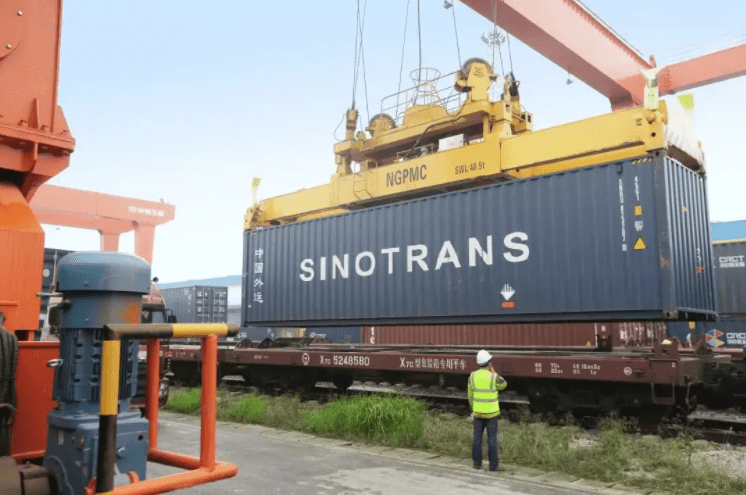Customs in China have increased their use of artificial intelligence and machine learning.
In 2024, China imported goods with a customs value of US$2 trillion 587 billion, a year-on-year rise of 1%, according to data from the World Trade Organization (WTO).
More and more customs offices around the world are adopting new technologies to modernize to improve tariff classification, fraud detection and risk management.
Ranked as the world’s second largest importer after the United States, China operates 678 customs offices.
Customs in China
China’s General Administration of Customs launched an intelligent system to review documents. The aim is to speed up customs clearance procedures through artificial intelligence and automation. This was reported by the WTO.
This system makes it possible to digitize and verify inspection and quarantine certificates. To this end, commercial standards, digital resources and advanced technologies such as OCR, artificial intelligence and machine learning have been integrated.
As of 2023, the tool automatically recognizes and validates more than 30 certificate models from 19 countries. In 2024, its scope was expanded to 100 certificate types. Thanks to this expansion, more than 286,000 certificates were processed nationwide.
Benefits of AI
Automation in China has reduced processing times by simplifying the verification process on a single screen, with results up to 10 times faster than manual methods. In addition, it decreases manual work by automatically extracting and validating data, allowing officials to focus on complex tasks.
It also improves regulatory efficiency by avoiding switching between systems, centralizing all information in one interface. Finally, it reduces risks by applying uniform criteria, minimizing errors and inconsistencies in inspections.
Although artificial intelligence has been around for decades, the rise of products such as ChatGPT has revived the debate about its economic impact. AI could transform the production of goods and services, affecting employment, productivity and growth. However, its true economic reach is still uncertain and will depend on multiple factors.
China applies artificial intelligence in sectors such as autonomous transportation, manufacturing, finance, healthcare, education and e-commerce. It also uses it in smart cities, surveillance, media and robotics.

